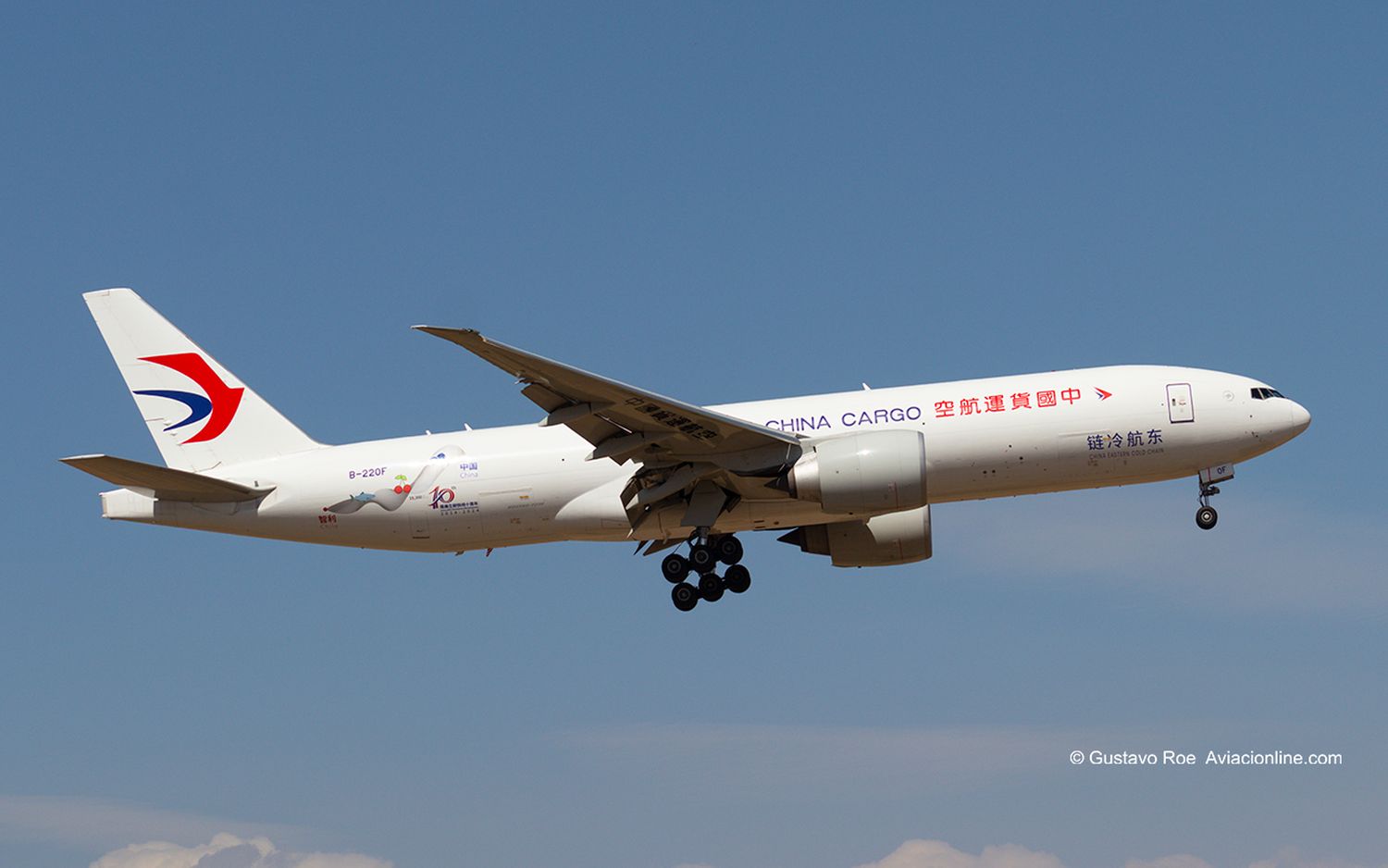In a sharp escalation of the ongoing trade war between the world’s two largest economies, China has reportedly ordered its airlines to stop taking deliveries of Boeing aircraft, according to news reports published today.
The story, first reported by Bloomberg News and cited by outlets including AFP, emerges at a time of heightened commercial friction. Since Donald Trump took office, the U.S. and China have engaged in a tit-for-tat tariff battle. Washington currently imposes tariffs of up to 145% on Chinese imports, while Beijing has retaliated with levies of up to 125% on American goods, denouncing the U.S. measures as “bullying.”
According to Bloomberg, the directive from Beijing not only halts deliveries of already-manufactured Boeing aircraft but also freezes the purchase of U.S.-made aviation equipment and spare parts. The move appears to be a direct response to China’s own tariffs, which have significantly increased the cost of importing these aircraft and components.
Reports also suggest the Chinese government is considering support measures for airlines operating leased Boeing aircraft, which now face higher operating costs as a result of the trade dispute.
A Major Blow to Boeing
China has long been a critical market for Boeing, accounting for a substantial share of the company’s global orders and deliveries. A prolonged suspension could have serious financial repercussions for the U.S. aerospace giant, which is still recovering from the fallout of the 737 MAX crisis—a saga whose resolution in China has been particularly slow and politically sensitive.
The development could inadvertently benefit Boeing’s chief rival, European consortium Airbus, which may now gain a larger slice of the strategically vital Chinese market. Over the longer term, the situation may also accelerate China’s ambitions to develop a homegrown aerospace industry, led by COMAC and its C909/C919 jets, though these models have yet to fully compete across Boeing and Airbus’s market segments.
Using such a high-value and symbolic industry as a bargaining chip underscores the severity of the trade conflict. Given that most major Chinese airlines are state-owned or heavily state-influenced, the enforcement of such a directive is plausible.
While the Trump administration recently announced a freeze on new tariff hikes, existing duties remain in place, continuing to apply economic pressure. As of now, neither Boeing nor China’s Ministry of Foreign Affairs has officially confirmed Bloomberg’s report.


Comentarios
Para comentar, debés estar registrado
Por favor, iniciá sesión